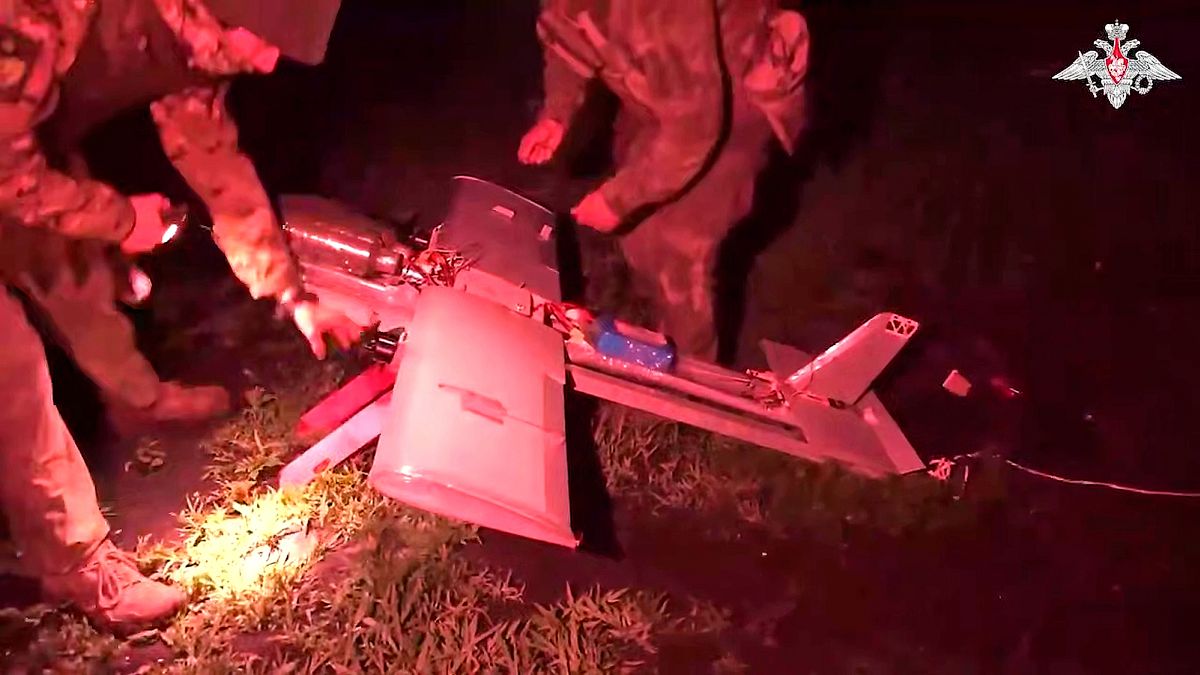

In a world marked by diverse challenges, recent events in Ukraine, Gaza, Nigeria, and Turkey illustrate the complex tapestry of geopolitical tensions and humanitarian concerns. Despite daunting headlines, within each of these stories lies a testament to the resilience and determination of individuals and communities striving for peace, dignity, and security.
In recent days, a significant escalation was witnessed in the ongoing conflict between Russia and Ukraine. A Ukrainian drone reportedly struck an oil depot in Sochi, Russia, sparking a fire. This event punctuated a particularly intense week in the region, which saw casualties from both sides, including Russian drone attacks on Kherson resulting in fatalities and injuries. Amidst the backdrop of these tragic occurrences, we find reminders of the indomitable human spirit, as communities come together to support one another in their time of need.
Elsewhere, in the volatile atmosphere of Gaza, the local population faces tremendous challenges. A proposal by the Israeli government encouraging ‘voluntary migration’ from the region has sparked a heated debate. This initiative has drawn criticism and concern from various quarters, suggesting potential overtones of political maneuvering and raising fears about forced displacement. The voices of Gazans speak loudly about their attachment to their homeland, underlining their steadfastness amidst adversity.
In north-west Nigeria, another scenario unfolds that highlights the impact of organized crime on local populations. Recently, over 50 individuals were abducted by armed groups from Zamfara state. These events underscore the ongoing struggles between residents and gang factions, as communities strive to protect their livelihoods and maintain some semblance of normality. Yet, even in the face of such uncertainty and fear, local dialogues continue to emphasize community-strengthening and peace-building efforts.
Meanwhile, a tragic incident at a hair transplant clinic in Istanbul, Turkey, has drawn attention to the necessity of safety and care within non-traditional medical tourism. Martyn Latchman, a British civilian, passed away following the preparatory phase of a hair transplant procedure. This unfortunate incident is a sobering reminder of the complexities involved in seeking medical treatments abroad and amplifies the importance of thorough oversight and the safeguarding of international patient welfare.
In Gaza, a further distressing situation unfolded with reports of 27 people killed by Israeli forces at a food distribution site and additional deaths from malnutrition. These events came amid heightened tensions following an Israeli minister’s visit to a sensitive religious site in Jerusalem, which sparked regional outrage. The narrative vividly paints a picture of urgency and desperation, yet also emphasizes international calls for humanitarian aid and conflict resolution.
The plight of hostages in conflict regions remains a profound concern, as illustrated by the case of Evyatar David, an Israeli hostage held by Hamas in Gaza. His family and supporters fervently call for humanitarian aid to reach all of Gaza’s suffering population, epitomizing the struggle of individuals caught amidst broader geopolitical disputes. David’s visible distress in newly released footage brought forth waves of empathy and a renewed call for dialogue and ceasefire.
These stories highlight the resilient heartbeats that continue to pulse beneath the harsh canvas of conflict. Hope springs from the unyielding determination of those who advocate for peace, healing, and justice. Amidst these challenges, international communities, governments, and local organizations are tasked with prioritizing humanitarian aid and crafting pathways towards sustainable peace and cooperation. In a world continuously tested by adversity, humanity’s resilience and capacity for compassion remain our greatest strength.
Source: {link}
